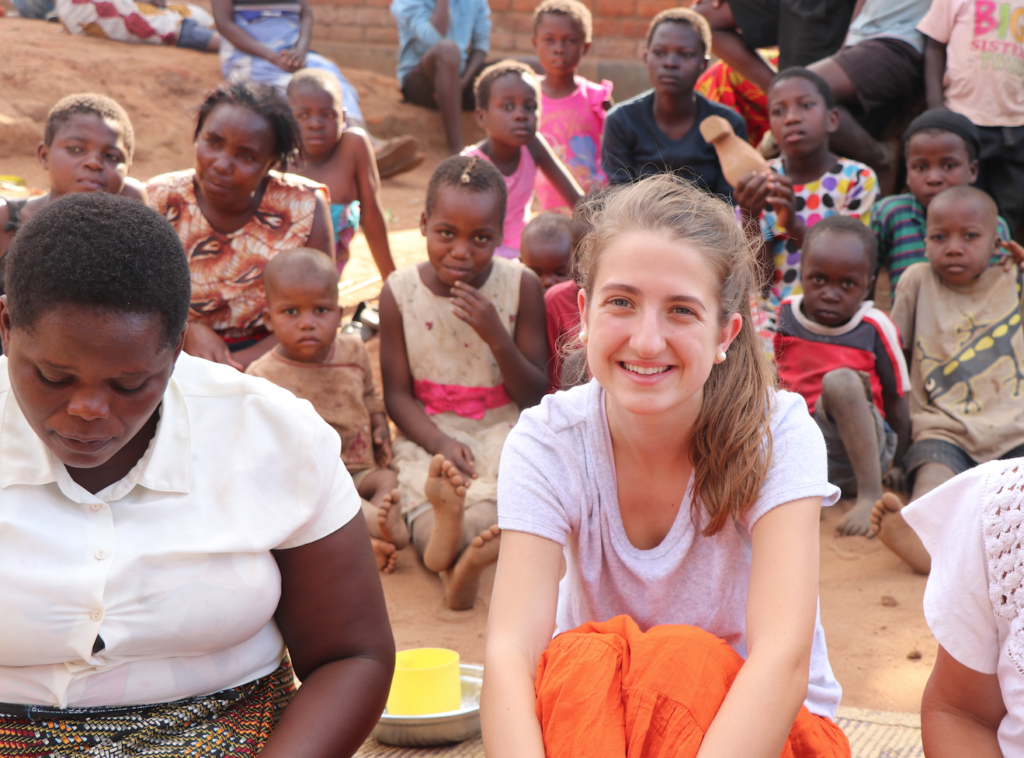
On a beautiful August afternoon during my Friendship Trip in Malawi, I traveled to a village for a goat deworming and goat pass-on ceremony. After this life-changing afternoon, I came home with a determination to tell my story and share my experiences. At my school, I am the head of the Hearts for Africa Club and my club is holding a Goat Drive this month. Instead of a Winter Coat Drive, we are holding a Winter Goat Drive which raises money to buy goats for the people in the villages. Since eighth grade, I worked with various organizations on the issues of poverty and food insecurity on a domestic and international level. Villages in Partnership is dedicated to helping Malawians who struggle with poverty, and a goat is one way for a family or individual to break from their cycle of poverty. A goat can provide economic stability and nutrition, which are both essential in order to become self-sufficient. Thus, I decided to hold a Goat Drive and all of the proceeds will go towards buying goats for vulnerable families in Malawi.
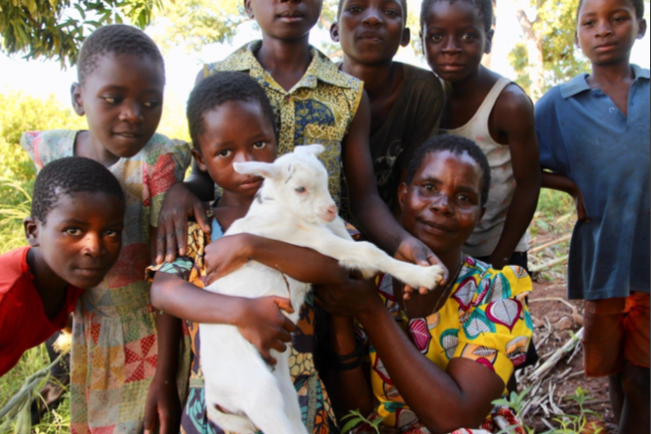
I became involved with Villages in Partnership two years ago, when Tory Huchro and her family spoke to me about her involvement. I soon became involved, and this past summer I had the opportunity to go to Malawi. While in Malawi, I was able to participate in a goat deworming and goat pass-on ceremony where I saw the value of a goat first-hand. The deworming medication is offered for less than 40 cents, which can ensure that the goat will remain healthy and continue to provide for the family. The children and their families came to the goat deworming site to make sure their goat can continue to support their family and economic needs.
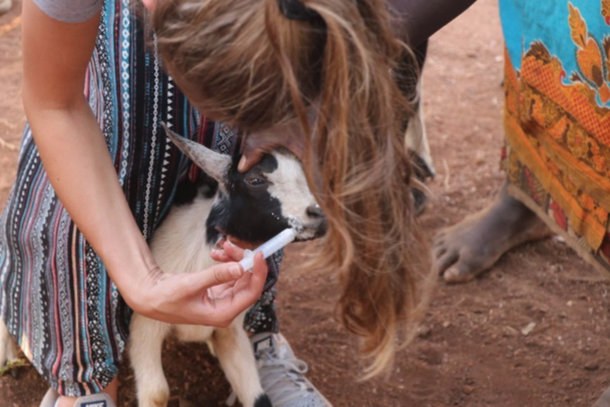
VIP’s Malawian staff members gathered everyone around as me and the other team members filled up syringes with the appropriate amount of medicine. Then, with the help of VIP’s staff, the goat owners, and the local committee members, each goat was given the medicine orally. Similarly, I was able to participate in a goat pass-on ceremony. This is when a vulnerable family cares for that goat and when it has its first kid, they pass the kid on to another vulnerable family. After, the family is free to make money selling the subsequent offspring to markets and other villagers. The families that receive the “passed-on” goats from their neighbors follow the same course, and slowly but surely the gift of one goat from one donor multiplies and spreads throughout an entire village.
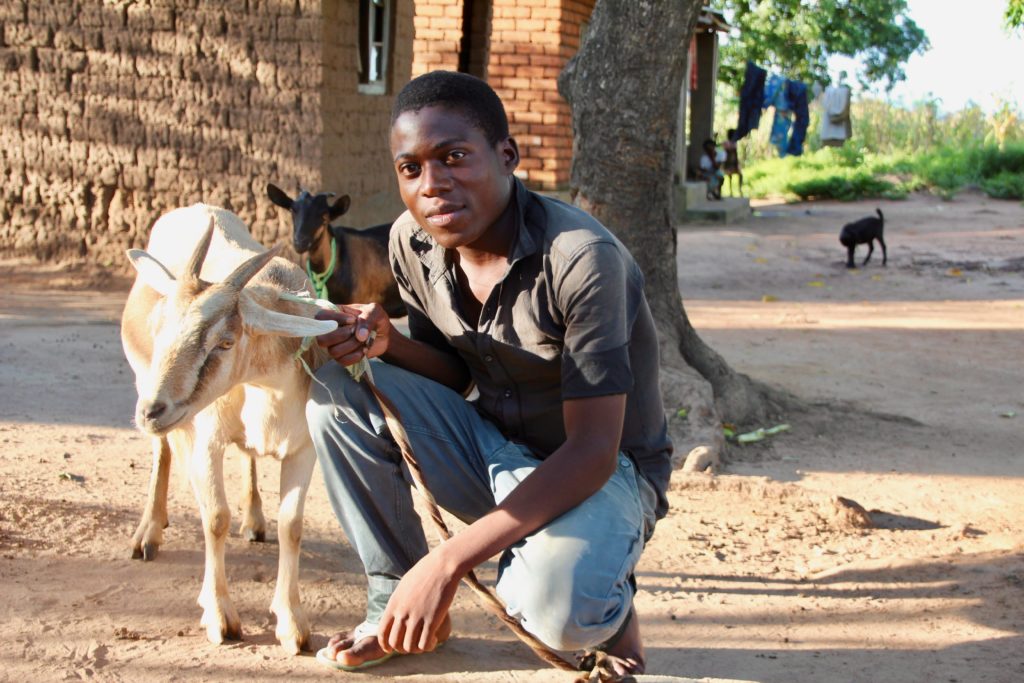
All in all, a goat means so much to a family in Malawi and I saw first-hand the short term and long term benefits. They are one of the primary sources of animal protein for the villagers and the sale of goats is a significant source of supplementary income for many of the farmers as well. The cost of a goat is $50, but in reality, it is worth so much more. A goat gives us the opportunity to transform the lives of many families and provide hope for a brighter future. Click here to give the gift of a goat!

I am veterinarian, I would wish to help with services on volunteer basis